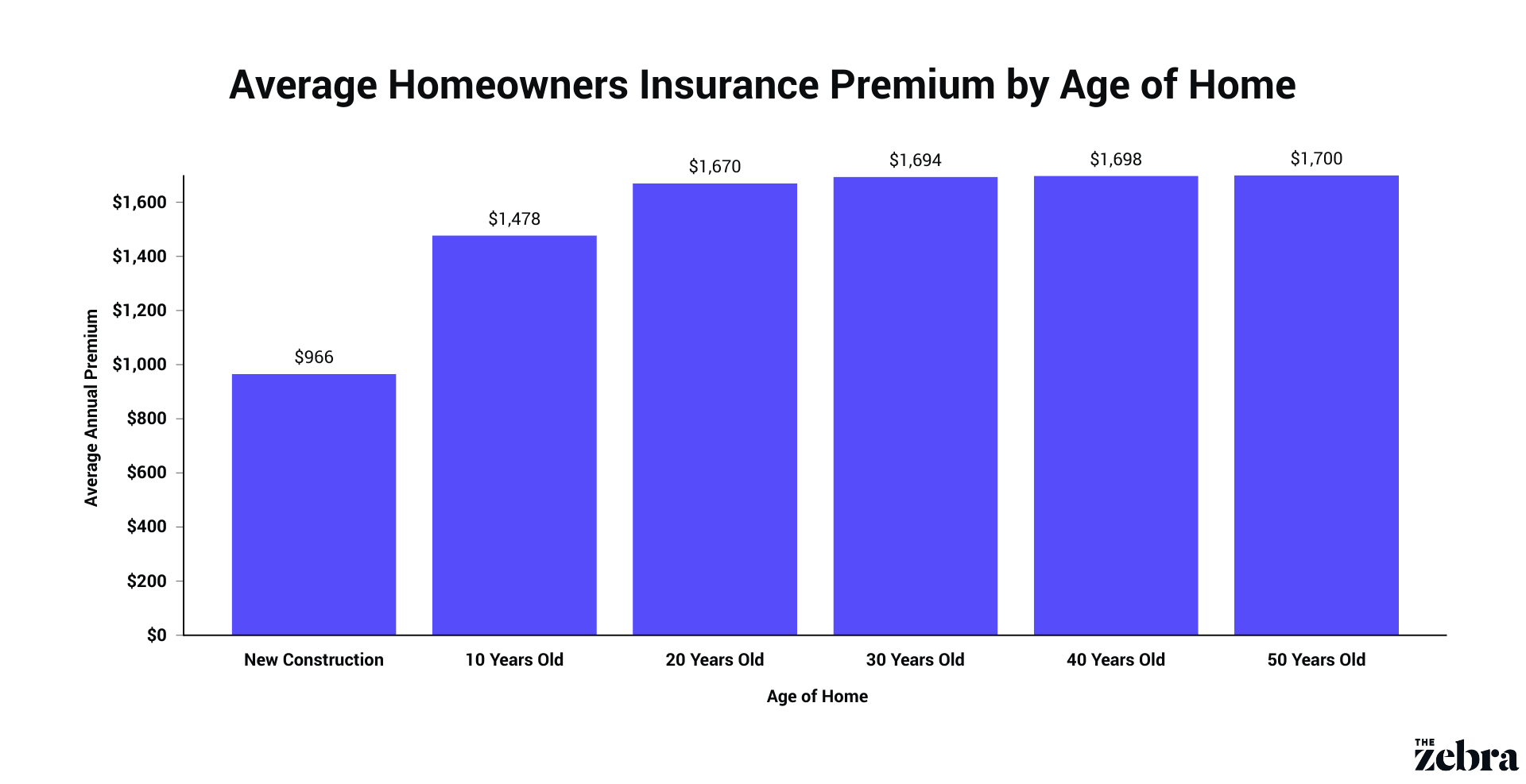Understanding Homeowners Insurance for New Construction: Comprehensive Coverage for Your Dream Home
Building a new home is an exciting endeavor. It is a chance to design a space that perfectly suits your needs and create a haven where memories will be made. However, amidst the joy of constructing your dream home, it is crucial to consider the importance of homeowners insurance for new construction. So in this article, Aboutro will delve into the details of homeowners insurance specifically tailored for new construction. We will explore the comprehensive coverage it offers and why it is a vital investment to protect your dream home.
Understanding Homeowners Insurance for New Construction

I. The Need for Homeowners Insurance for New Construction:
- Protecting Your Investment: Building a new home involves a significant financial investment. Homeowners insurance provides protection against unforeseen risks, such as fire, theft, or natural disasters, ensuring that your investment is safeguarded.
- Liability Coverage: homeowners insurance for new construction not only protects your property but also provides liability coverage. If someone is injured on your construction site, homeowners insurance can cover medical expenses and potential legal liabilities.
II. Coverage During the Construction Phase:
- Builder’s Risk Insurance: During the construction phase, you will need a specific type of homeowners insurance for new construction coverage called builder’s risk insurance. This policy protects against risks such as theft, vandalism, and damage caused by fire or severe weather while your home is being built.
- Materials and Supplies Coverage: Builder’s risk homeowners insurance for new construction insurance also covers the materials and supplies used in the construction process. If these items are stolen or damaged, the policy will provide reimbursement for their value.
III. Coverage for Completed New Construction:’

- Property Coverage: Once your new home is homeowners insurance for new construction completed, your homeowners insurance policy will transition from builder’s risk insurance to standard homeowners coverage. This coverage typically includes protection for the physical structure of your home, along with any other structures on your property, such as garages or sheds.
- Personal Property Coverage: Homeowners insurance for new construction insurance also covers your personal belongings, such as furniture, appliances, and electronics. If these items are damaged or stolen, your policy will provide reimbursement for their value.
- Additional Living Expenses: In the event that your new home becomes uninhabitable due to a covered loss, homeowners insurance can cover additional living expenses. This coverage helps with the cost of temporary housing, meals, and other necessary expenses until your home is repaired or rebuilt.
IV. Understanding Policy Limits and Deductibles:
- Policy Limits: homeowners insurance for new construction have coverage limits, which represent the maximum amount your insurance company will pay for a covered loss. It is important to choose limits that adequately protect the value of your home and belongings.
- Deductibles: A deductible is the amount you must pay out of pocket before your insurance coverage kicks in. Higher deductibles often result in lower insurance premiums, but it’s important to choose a deductible that you can comfortably afford in case of a claim.
V. Additional Coverage Options:
- Flood Insurance: Depending on homeowners insurance for new construction the location of your new home, you may need to consider purchasing separate flood insurance. Standard homeowners insurance policies typically do not cover flood damage.
- Earthquake Insurance: If you live in an area prone to earthquakes, homeowners insurance for new construction you may also need to obtain separate earthquake insurance. Like flood insurance, earthquake coverage is typically not included in standard homeowners policies.
- Personal Liability Umbrella Policy: Consider homeowners insurance for new construction supplementing your homeowners insurance with a personal liability umbrella policy. This additional coverage provides extra liability protection beyond the limits of your standard policy.
VI. Choosing the Right Insurance Provider:

- Research and Comparison: When selecting an insurance provider, take the time to research and compare different companies. Consider factors such as financial stability, customer reviews, and the range of coverage options they offer.
- Customized Coverage: Look for an homeowners insurance for new construction provider that specializes in new construction coverage and offers customizable policies to meet your specific needs.
VII. Reviewing and Updating Your Policy:
- Regular Policy Reviews: It is important to review your homeowners insurance for new construction insurance policy periodically, especially when significant changes occur, such as renovations or additions to your home. Ensure that your coverage adequately reflects the value of your property and belongings.
- Communicate with Your Insurance Provider: If you have any questions or concerns about your policy, don’t hesitate to reach out to your insurance provider. They can provide guidance and help you make any necessary adjustments to your coverage.
Conclusion:
Homeowners insurance for new construction is a crucial aspect of protecting your dream home. From the construction phase to the completed project, comprehensive coverage ensures that you are financially secure in the face of unforeseen risks. By understanding the coverage options available, reviewing and updating your policy regularly, and choosing the right insurance provider, you can have peace of mind knowing that your investment is protected. Don’t underestimate the value of homeowners insurance for new construction – it is an investment that will provide you and your family with the security and protection you need for years to come.